Indigenous Governance Database
equal rights

Indigenous Peoples' Rights in Data: a contribution toward Indigenous Research Sovereignty
Indigenous Peoples' right to sovereignty forms the foundation for advocacy and actions toward greater Indigenous self-determination and control across a range of domains that impact Indigenous Peoples' communities and cultures. Declarations for sovereignty are rising throughout Indigenous…
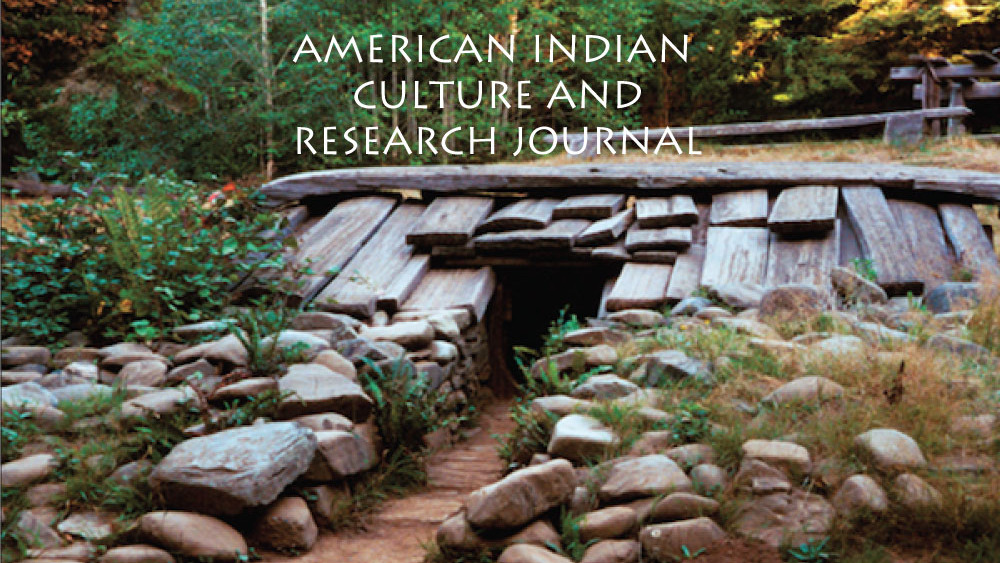
COVID-19 and Indigenous Peoples: Tools to Promote Equity and Best Practices
This is the second volume of a two-volume special issue of the American Indian Culture and Research Journal, volume 44.3, dedicated to the indirect impact of COVID-19 on Indigenous Peoples. The first volume (44.2) covers the degree to which Indigenous Peoples were affected by COVID-19 and how this…
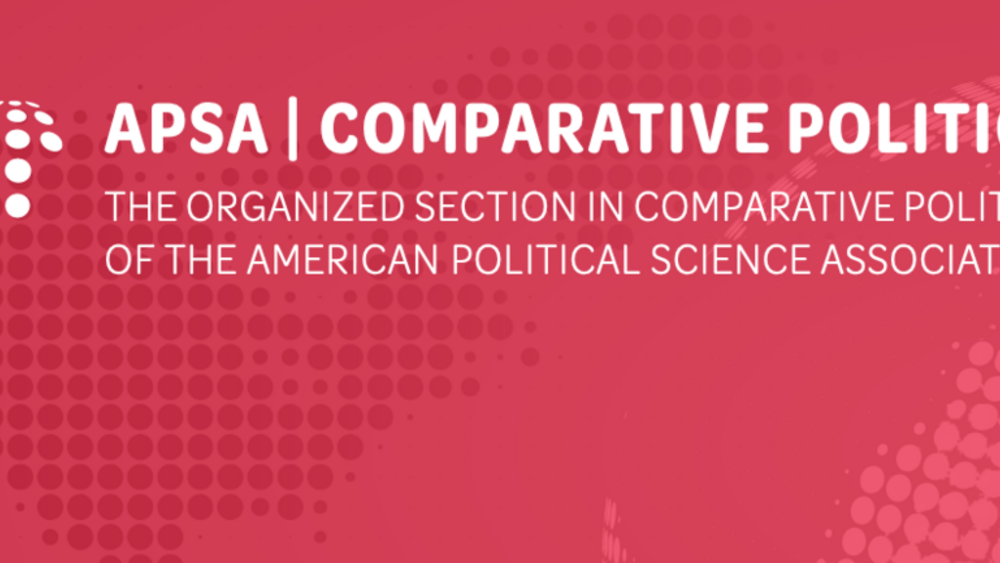
The Rise of Indigenous Recognition: Implications for Comparative Politics
Recent decades have ushered in a new era for the recognition of Indigenous rights. Today, more than half of all United Nations member states recognize some form of Indigenous governance in their constitutions (Holzinger et al 2019), and dozens more have done so statutorily. This marks the…
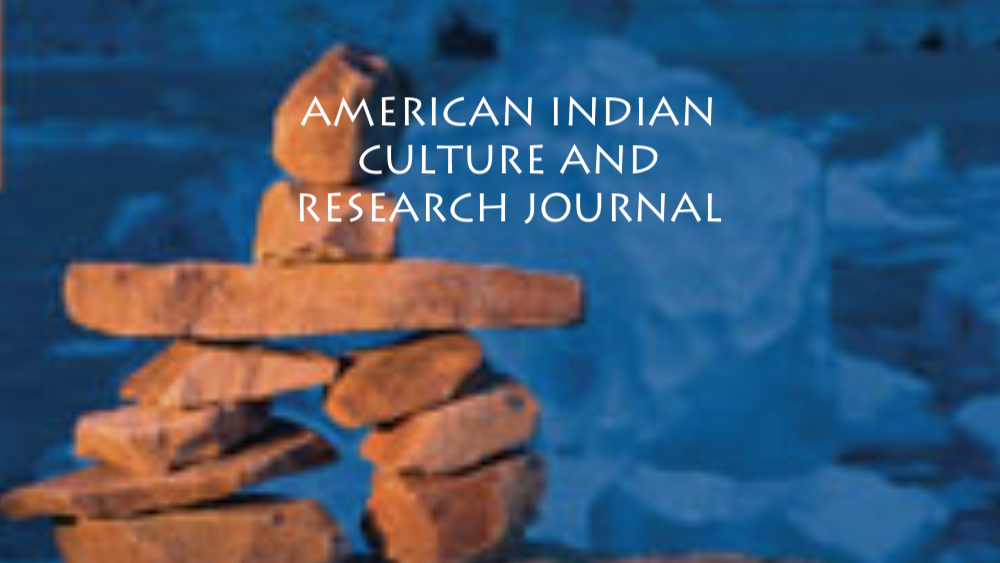
COVID-19 and Indigenous Peoples: Impact of and Response to the Pandemic
In a two-volume, special edition of the American Indian Culture and Research Journal—volume 44, issues 2 and 3—we examine COVID-19’s unique implications for Indigenous Peoples, nations, and communities. We organized these special issues because the COVID-19 pandemic has particularly adversely…
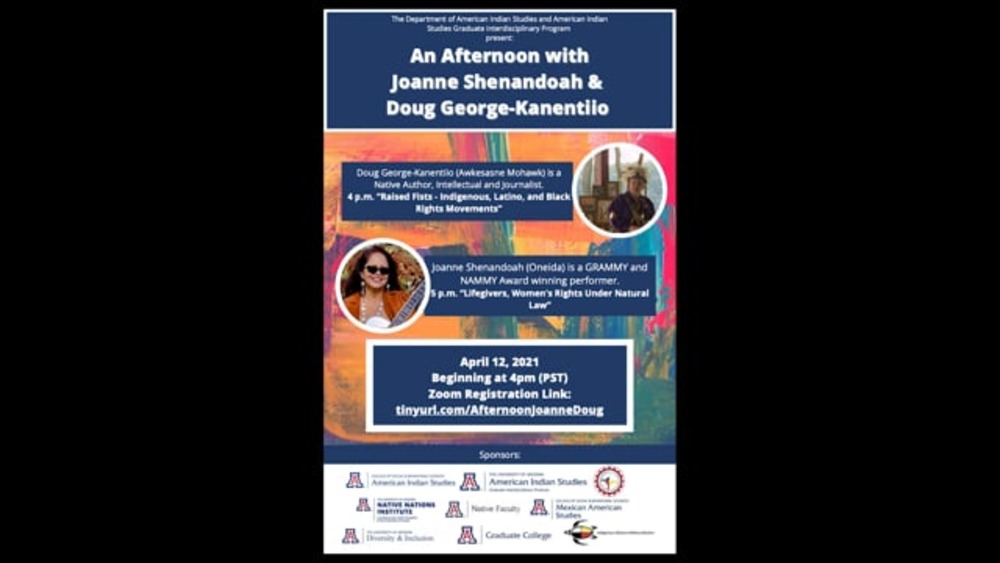
AIS event: An Afternoon with Joanne Shenandoah and Doug George-Kanentiio
On April 12, 2021, the Department of American Indian Studies and Graduate Interdisciplinary Program presented "An Afternoon with Joanne Shenandoah & Doug George-Kanentiio." Doug George-Kanentiio (Awkesasne Mohawk) is a Native author, intellectual and journalist. His presentation was on “Raised…
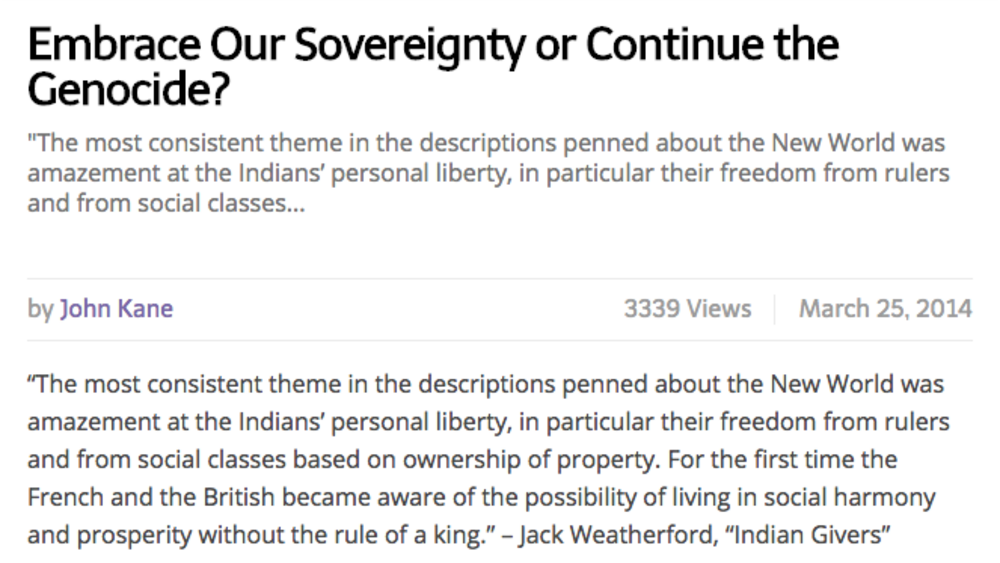
Embrace Our Sovereignty or Continue the Genocide?
“The most consistent theme in the descriptions penned about the New World was amazement at the Indians’ personal liberty, in particular their freedom from rulers and from social classes based on ownership of property. For the first time the French and the British became aware of the possibility of…
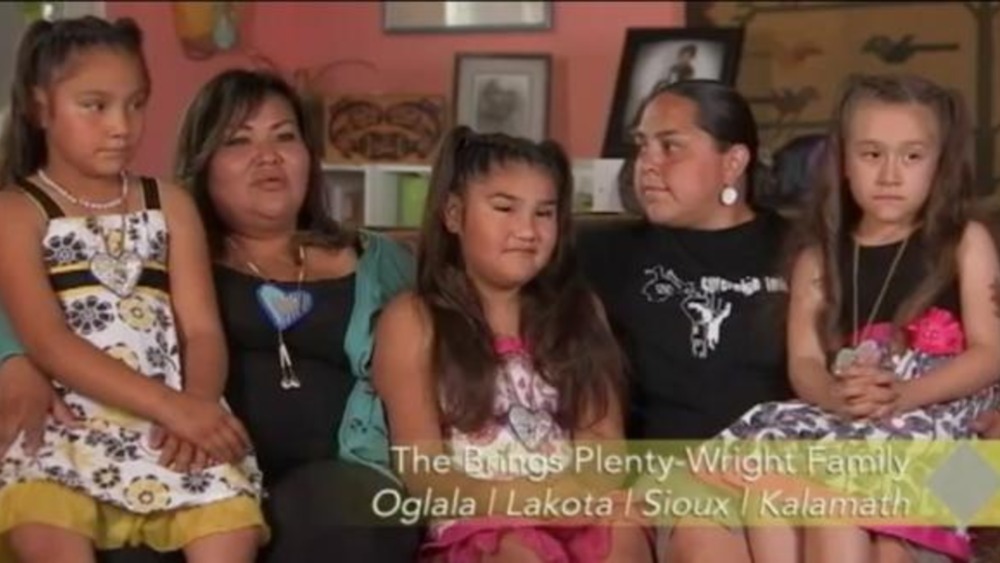
Two Spirit/LGBT Rights Toolkit for Tribal Governments Introduced
A first-of-its-kind guide complete with sample legal language is now available for tribal governments to adopt or amend their laws to recognize the rights of all their citizens, including Two Spirit and lesbian, gay, bisexual, and transgender (LGBT) people...
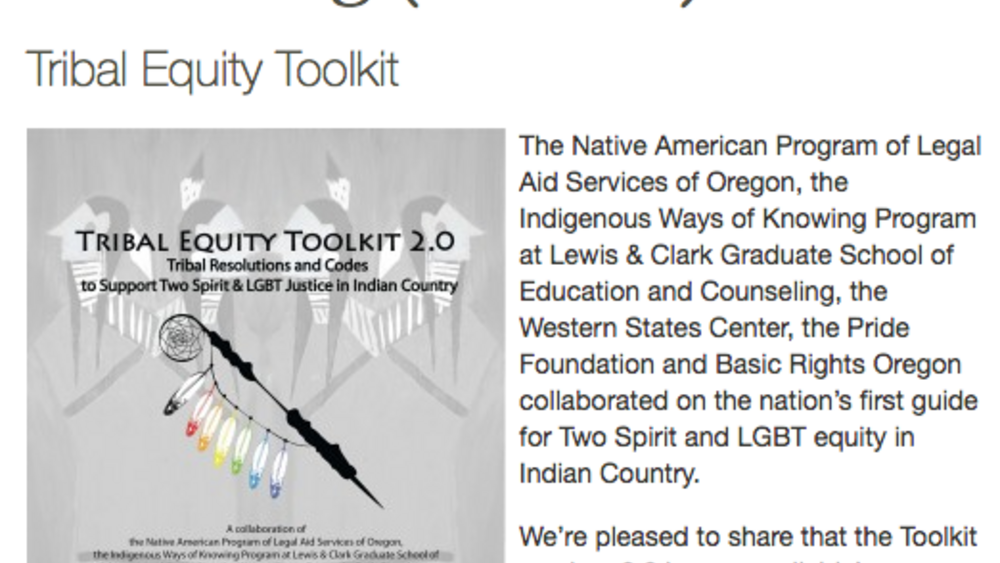
Tribal Equity Toolkit: Sample Tribal Resolutions and Codes to Support Two Spirit & LGBT Justice in Indian Country
This Toolkit has been developed to give tribal legislators a brief overview of legal and policy issues that impact the equal treatment of Two Spirit/ LGBT individuals. The Toolkit identifies areas in which existing laws discriminate against Two Spirit/ LGBT individuals, and offers sample resolution…
